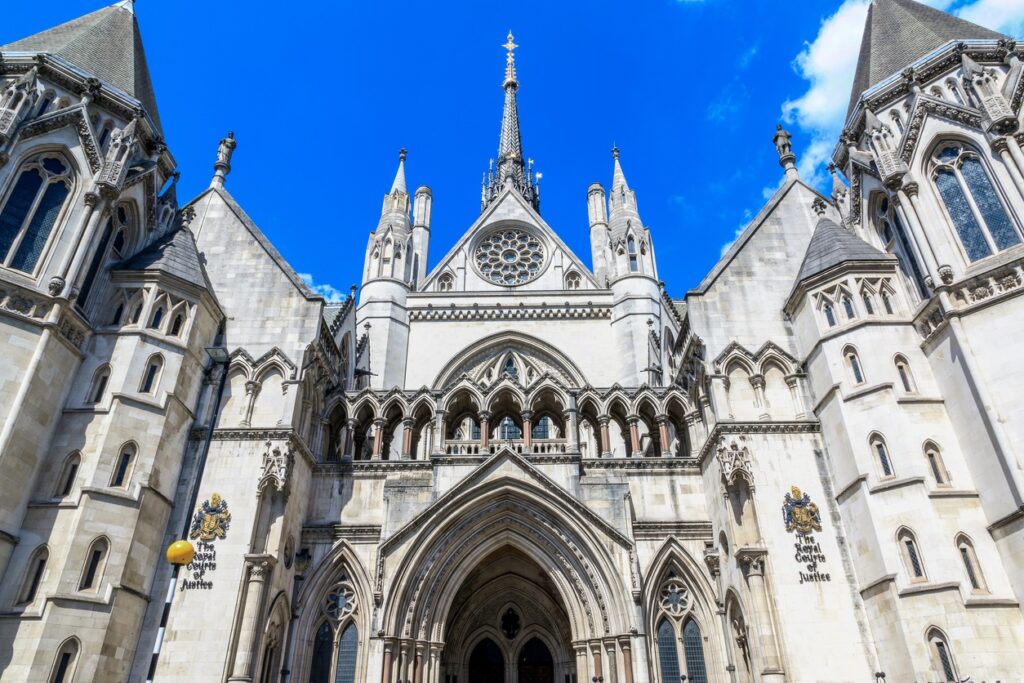
Whilst not the intention of the UK sanctions regime, some defendants are relying on the meaning of “control” to seek a stay or dismissal of claims brought against them, as highlighted in the recent two cases of Boris Mints and of Litasco SA.
The UK Sanctions Regime
The Sanctions and Anti-Money Laundering Act 2018 (Act) sets out a legal framework for the UK government to impose sanctions such as asset freezes, travel bans and trade restrictions. It also includes provisions to combat money laundering and terrorist financing. Under the Act, the Office of Financial Sections Implementation (OFSI) can issue licences for parties to undertake specified activities which would otherwise be prohibited by the UK sanctions regime.
The Russia (Sanctions) (EU Exit) Regulations 2019 (Regulations) implemented measures largely in response to human rights abuses and the annexation of Crimea. The Regulations set out criteria for designating individuals, entities or sectors which are subject to the sanctions set out in the Regulations.
A person who is not an individual may be owned or controlled directly or indirectly by a DP. Regulation 7 sets out two conditions, either of which can be met, addressing what is meant by “owned or controlled”. The first condition is where the DP holds more than 50% of the shares or voting rights (directly or indirectly) or has the ability to appoint or remove the majority of the board of directors. The second condition is where the DP is able to conduct the affairs of a non-person/entity in accordance with their wishes.
Boris Mints and others v PJSC National Bank Trust and another [2023] EWCA Civ 1132
The claim was originally brought as a conspiracy claim by the two claimant banks over uncommercial transactions with companies connected to the defendants. The claimants obtained freezing orders and the litigation was progressing when Russia invaded Ukraine. The issue arose whether the second claimant bank (NBT) had become an entity under the control of a DP pursuant to the UK sanctions regime. The issues to be determined in the Court of Appeal were:
- Can a judgment be lawfully entered in favour of a DP? If not, can proceedings be stayed until such time that they are no longer on the sanctions list?
- Can the OFSI issue a licence for payment by a DP for any adverse costs order, security for costs or damages and, for a DP to receive costs pursuant to a favourable costs order?
- Pursuant to Regulation 7, does a DP “control” an entity by virtue of exerting influence over it in their capacity as political office holder?
In respect of the first two issues, the Court of Appeal held, inter alia, that the UK sanctions regime:
- Did not intend to prevent access to the courts;
- Does not extend the court’s powers to prohibit a money judgment being entered in favour of a DP; and
- OFSI could issue a licence in each of the scenarios raised.
Whist unnecessary for the Court of Appeal to determine the third issue on “control” Flaux C made important obiter remarks that Regulation 7 applied to ownership and control, which includes the influence a DP is able to exert by virtue of their political office.
Arguably, such a wide meaning could conclude that many Russian companies could be considered an entity under the control of a DP due to the control the Russian Government can exert. This was addressed in Litasco SA.
Litasco SA -v- (1) Der Mond Oil and Gas Africa Sa (2) Locafrique Holding SA [2023] EWHC 2866 (Comm)
The claimant, Litasco SA, is a Swiss incorporated company wholly owned by one of a Russia’s largest oil companies. The parent company is not a DP pursuant to UK sanctions. Following the judgment in Mints, the defendant relied on Regulation 12 (making funds available to a DP) as a defence for not making payments to the claimant. The defendant argued that the persons in control of the claimant were a shareholder and former CEO of the parent company; DPs being Vagit Alekperov and President Putin.
Mr Justice Foxton distinguished the decision of the Court of Appeal in Mints on its facts – NBT was owned and controlled by a Russian public body – Litasco SA was not a state-owned body and there was no evidence to suggest de facto state control. Foxton J stated a better interpretation of Regulation 7 is where it was “concerned with an existing influence of a [DP] over a relevant affair of the company […], not a state of affairs which a [DP] is in a position to bring about.”
OFSI and Foreign, Commonwealth & Development Office (FCDO) joint statement on the “ownership and control test”
The joint statement of OFSI and FCDO was published two weeks after the decision in Litasco endorsing Mr Justice Foxton’s interpretation of Regulation 7. The guidance declares that there is no presumption that a private entity is subject to the control of a public official, simply because the entity is based or incorporated in a jurisdiction and that evidence is required to demonstrate that the relevant official exercises control over the entity.
Following the Mints and Litasco rulings, it appears that parties controlled by DPs are not prevented from accessing the courts. The meaning of “control” in Regulation 7 includes the influence of political office holders, but evidence must show the exercise of control over a specific entity, not merely control of the entity’s jurisdiction of incorporation.
Reasons to commence proceedings against a DP where proceeding and enforcement are a concern, could include protective claims – where limitation is due to expire – or establishing the claimant’s rights in other jurisdictions for the purposes of enforcement or to apply pressure.
This article is for general purpose and guidance only and does not constitute legal advice. Specific legal advice should be taken before acting on any of the topics covered. No part of this article may be used, reproduced, stored or transmitted in any form, or by any means without the prior permission of Brecher LLP.





